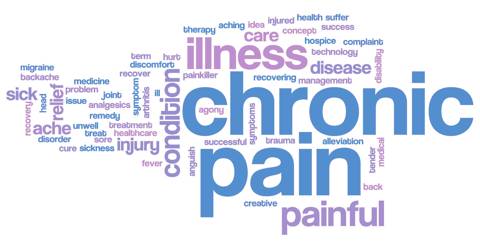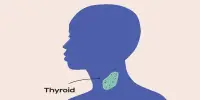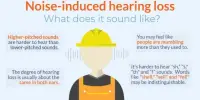Chronic pain may instigate with an early trauma/injury or infection, or there may be a continuing reason of pain. A few people experience chronic pain in the absence of any precedent injury or indication of body damage.
The most general sources of pain stem from headaches, joint pain, pain from injury, and backaches. Other kinds of chronic pain consist of tendinitis, sinus pain, carpal tunnel syndrome, and pain distressing particular parts of the body, such as the shoulders, pelvis, and neck. Generalized muscle or nerve pain can also grow into a chronic condition.
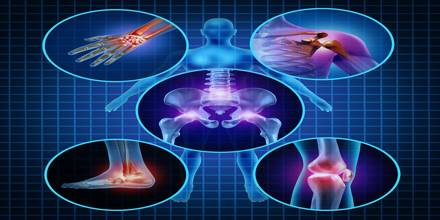
Symptoms
Chronic pain is frequently defined as any pain lasting further than 12 weeks. Whereas delicate pain is a usual sensation that alerts us to probable injury, chronic pain is very dissimilar. Chronic pain persists—regularly for months or even longer.
The symptoms of chronic pain include:
- Mild to severe pain that does not go away
- Pain that may be described as shooting, burning, aching, or electrical
- Feeling of discomfort, soreness, tightness, or stiffness
Chronic pain may occur from an early injury, such as a back sprain, or there may be an ongoing cause, such as illness. However, there may also be no obvious cause. Other health problems, such as fatigue, sleep trouble, decreased appetite, and temper changes, often accompany chronic pain. Chronic pain may bind a person’s movements, which can decrease flexibility, strength, and stamina. This complexity in carrying out significant and pleasant activities can lead to disability and despair.
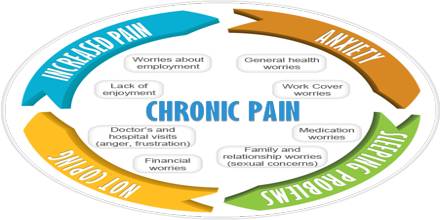
Causes
Chronic pain can be caused by many diverse factors. Often situation that accompany usual aging may affect bones and joints in ways that reason chronic pain. Other general causes are nerve damage and injuries that fail to heal properly.
Some kinds of chronic pain have abundant causes. Back pain, for example, may be caused by a single factor, or any combination of these factors:
- Years of poor posture
- Improper lifting and carrying of heavy objects
- Being overweight, which puts excess strain on the back and knees
- A congenital condition such as curvature of the spine
- Traumatic injury
- Wearing high heels
- Sleeping on a poor mattress
Disease can also be the underlying cause of chronic pain. Rheumatoid arthritis, osteoarthritis and fibromyalgia are well-known culprits, but persistent pain may also be due to such ailments as cancer, multiple sclerosis, stomach ulcers, AIDS, and gallbladder disease.
Diagnosis
Pain is a very delicate and individual experience. There is no test that can determine and locate pain with accuracy. So, health professionals rely on the patient’s own description of the type, timing, and location of pain. Defining pain as sharp or dull, constant or on-and-off, or burning or aching may give the best clues to the cause of the pain.
Since chronic pain may happen in a diversity of locations in the body and for many dissimilar reasons, patients and their health professionals need to work together to identify the causes and symptoms of that pain and how it can be relieved.
Treatment
Treating chronic pain can be challenging. And it may take numerous types or combinations of treatments before you find relief.
Be sure to seek treatment if your pain lasts longer than 2 to 3 months. Early treatment may prevent the pain from getting worse.
When home treatment isn’t adequate, other treatments may contain:
- Pain medicines or medicines to treat problems that are linked to chronic pain. For more information, see Medications.
- Treatments such as counseling, physical therapy, and complementary therapies. For more information, see Other Treatment.
- Surgery, such as intrathecal drug delivery and spinal cord stimulation. For more information, see Surgery.
If your chronic pain is not comforted after you have tried several treatments, you may want to think about going to a pain management clinic. Treatment is provided by a team of doctors who work together to address all the things that may cause your chronic pain.
